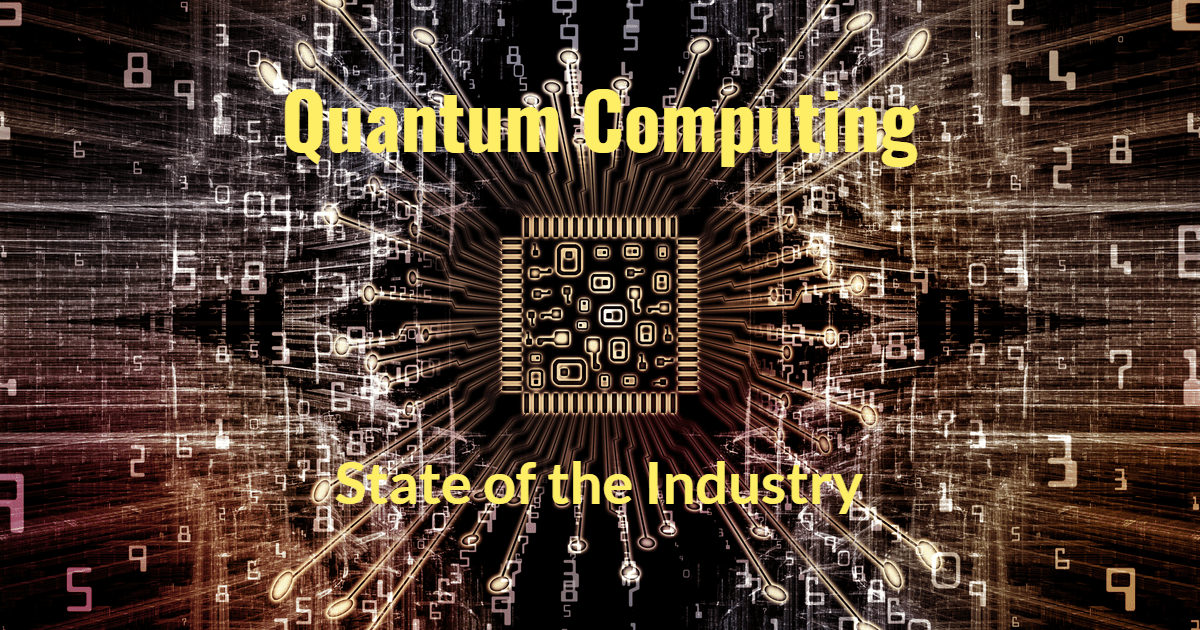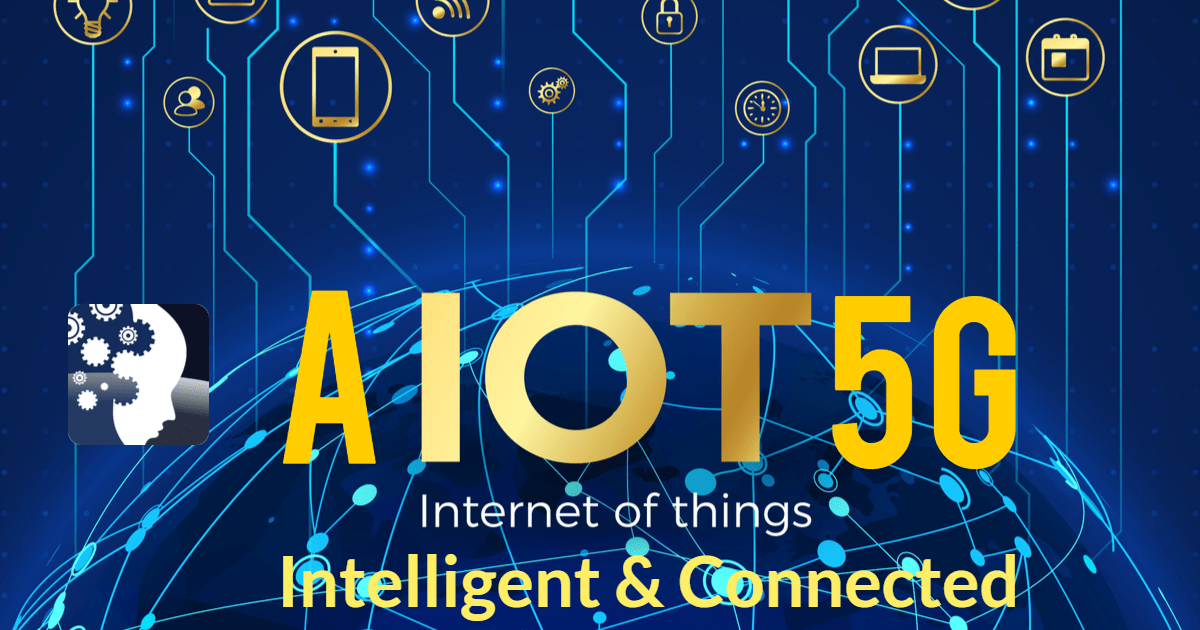Quantum computing is a term that has been getting a lot of traction in the media the last few years, but what does it actually mean and how far has it come since its experimental beginnings back in the late 1990s. To understand quantum computing and why it has been so difficult to make work, it is worth looking at how quantum computers work. To understand how quantum computers work, it helps to have the analogue of classical computers.
Quantum Computing vs. Classical Computing
Classical computers work on the concept of logic and bits. A bit is an idea or object which can take only one of two distinct values, usually represented at 0 or 1. In classical digital computers such as laptops or desktops these 0s and 1s are embodied by transistors where the charged state of the transistor represents 1 and the uncharged state represents 0. The computer encodes information as a series of these bits, and circuits called logic gates are used to perform operations on the bits, essentially applying a rule to the bits. Once these operations are complete, information about the output can be decoded from the bits.
In quantum computers there are no bits, instead operations are performed on what are called qubits, short for quantum bits. A good analogy for understanding what a qubit is would be to imagine a sphere. If you took two different points on the sphere, and represented one bit, say 0 at one of the points, and the other bit, say 1 on the other point. Then a qubit would be represented by any superposition (sum) of these two points. Since the information is not limited to the 2 bits, quantum computing is orders of magnitude more efficient at solving certain types of problem than classical computers.
The type of problem that quantum computers are very good at solving are ones where there are a small number of inputs and outputs, but an almost infinite number of possible combinations. This has many very useful real-world applications. Molecular modelling, weather system modelling, flight path modelling, traffic flow management in cities.
Quantum computing is also very good at breaking certain types of encryption. Most encryption at the moment whether it’s for banks, governments or large corporations is based on something called factorization-based encryption. A simplified version of this is that two very large prime numbers are multiplied together to give an even larger prime number. The idea is that it would be statistically impossible to work out the 2 numbers that were multiplied to get the third number, with classical computing.
The efficiency of quantum computing however means that encryption that would have taken thousands of years with classical computers could theoretically be done in minutes by quantum computers. As increasingly more functional quantum computers emerge, there is going to need to be a drastic shift in cryptography and in any sector using it to secure data. A technique now starting to be adopted more readily is something called lattice-based encryption, which quantum computers cannot break.
Recent Quantum Computing Developments
Despite the tremendous capabilities of quantum computers, many of the theoretical capabilities have only become demonstrable in the last few years. This is because the conditions a system has to be in to demonstrate quantum behavior is very delicate and precise. Temperatures must be close to absolute zero (about -273 degrees Celsius), and the system must be in a vacuum, free from any radiation or disturbances. Therefore, developments in technology were needed to keep up with the developing theoretical capabilities of quantum computing, and there is still a long way to go. However, significant improvements in technology over the past few years have meant that useful quantum computers are now a reality.
Who is leading the way in quantum computing? As one might expect Microsoft, IBM and Google have been investing in Quantum computing. Microsoft has integrated quantum computing with their Azure cloud service, allowing coders to run quantum code, the hardware they are using is from Honeywell and two startups: IonQ and QCI. In early 2019 IBM unveiled a 20-qubit system called IBM Q System ONE. Also available to users via the cloud. ExxonMobil and CERN were announced as customers, using IBM Q to study financial data, logistics and risk.
Google’s 54 qubit system “Sycamore” has managed to reach something called quantum supremacy, which means it solved a problem that a classical computer would not practically be able to do. It solved a task known as the random circuit signaling problem in just a few minutes, whereas a classical computer would have taken around 10,000 years to solve the same problem. In addition to this Google have been looking into how quantum computing could be used to develop artificial intelligence.
Toshiba have also been an important player in developing quantum technology. They have focus on security and encryption. Together with American developer Quantum Xchange they have been working on quantum key distribution service, encryption ready for the quantum age. Certain banks and asset management firms have been using this service to transfer and maintain data securely. Toshiba have also been working on secure telecommunications using quantum technology.
In addition to the big players, some smaller businesses and startups have also been critical for the developments in quantum computing. Many of them such as IonQ and QCI were spin offs from university and have partnered with the larger companies such as Microsoft. Others such as D-Wave in Canada have been leading their own way on quantum computing.
They were the first company to exploit the effects of quantum computing and received early interest from various labs, universities and Lockheed Martin, an aerospace, defense and security firm. D-wave have one of the biggest operating quantum computers with over 1000 qubits and have said they plan on releasing a 5000-qubit system in mid-2020.
Practical Quantum Computing Usage
As useful and exciting as quantum computers are, they are unlikely to be used in the place of classical computers for individual use. Having a quantum computer as a laptop or personal computer for example would not work. The functions most people use on an everyday basis are much better suited to classical computers. However, Quantum computers may be seen more and more in industry. Medical, weather, security data analysis are all fields which will be greatly enhanced by quantum computing abilities.
With the emergence and ever-growing industries which handle and manipulate large amounts of data, efficiency and reliability is what separates them from their competition, so it’s not surprising that companies such as Google and Baidu have invested large amounts into the technology. One should remember that there was once a time where classical computers were the size of a large room and very few people had the know how or need to use one. They are now one of the largest industries in the world and are used by most people every single day. The future of quantum computing may surprise us yet.
Quantum Technology: More than Computing
Quantum technology will provide advanced solutions for computing, communications, imaging, security, modeling and simulations. While currently in the R&D phase, networked quantum information and communications technology (ICT) is anticipated to become a commercial reality that will represent nothing less than a revolution for virtually every aspect of ICT including communications, commerce, and digital content.
Mind Commerce also sees the quantum technology market as a substantial enabler of dramatically improved sensing and instrumentation. Quantum sensing will also have applications across a wide range of other industries such as transportation wherein there is the potential for substantially improved safety, especially for self-driving vehicles.
Quantum technologies will fundamentally transform virtually every aspect of communications, applications, commerce, and digital content. To realize the full market potential, however, there is a need to evolve quantum science to an ROI-focused quantum technology marketplace via industrial-academic collaboration and public-private partnerships.






